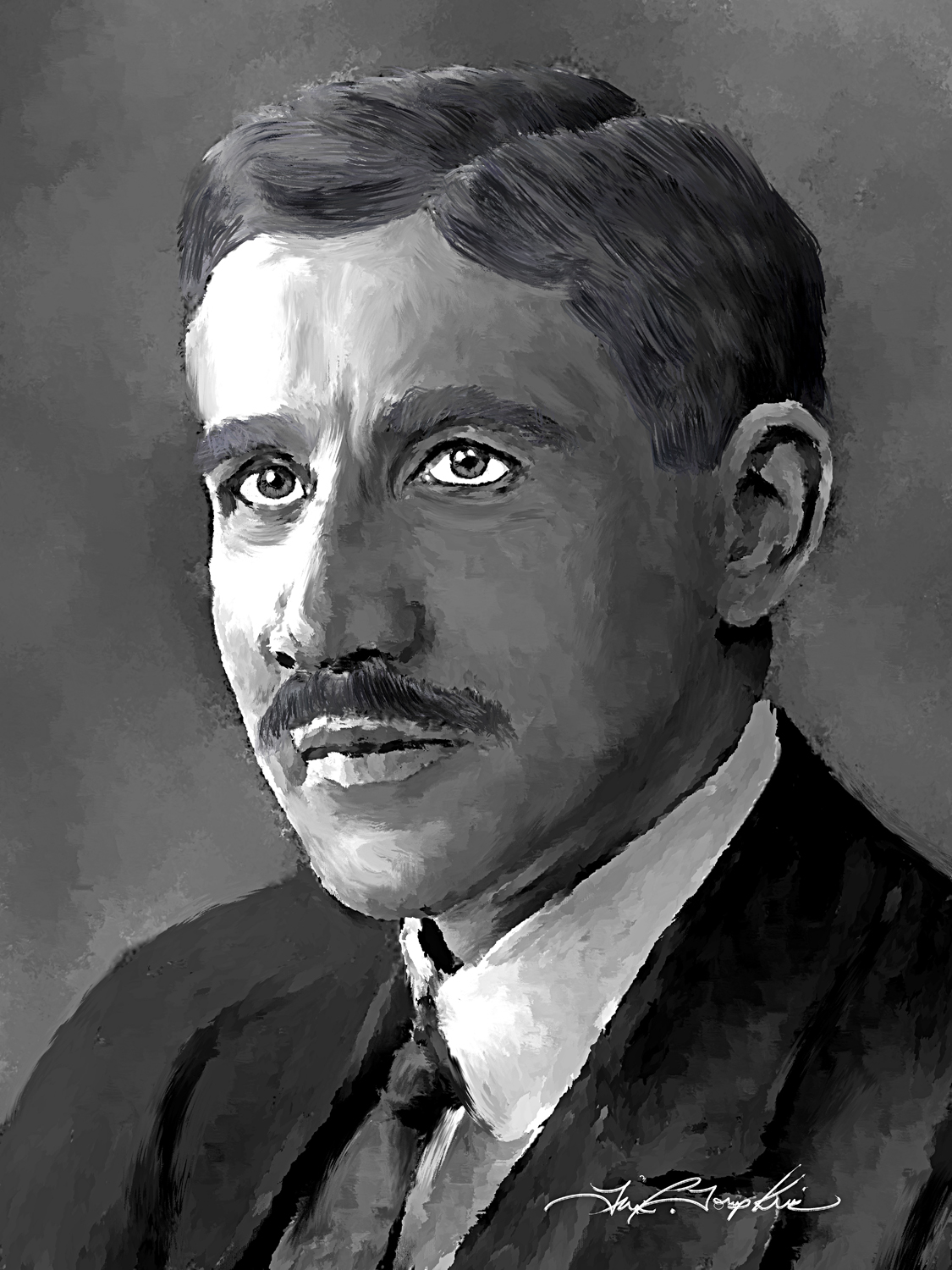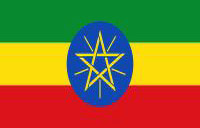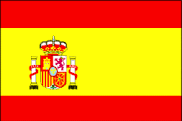
Otto F. Meyerhof
The Nobel Prize in Physiology or Medicine 1922
Nobel Co-recipient Archibald V. Hill
Physician. Energy conversions in muscle. Fine experimenter, Physiological Chemist.
Science should know no national barriers and prejudices. Scientists should pour oil smoothing real wisdom and rational self-reflection in agitated waves of national passions of people. This ethos of objectivity causes mutual understanding among nations. Consider all Nobel Prizes, 'Peace' Prizes.
Biography
Otto Meyerhof, A Biographical Memoir by David Nachmanson, Severo Ochoa, Fritz A. Lipmann. National Academy of Sciences, 1960, 32p.
Please note: Severo Ochoa and Fritz A. Lipmann were awarded The Nobel Prize in Physiology or Medicine in 1959 and 1953 respectively.
Meyerhof left school at the age of 14. At the age of 16, developing kidney trouble he had to spend a long time in bed. During this time his mother was his constant companion and he read, wrote poetry and developed artistically and mentally.
In 1923 Germany was unwilling to lose Meyerhof when he was offered a Professorship in the USA. In Oct 1940 he fled NAZI Germany.
Meyerhof's interests were theory and interpretation. He was good at integrating a variety of phenomena. Every day he spent much time at his desk and in having stimulating discussions with students and collaborators.
Otto Meyerhof. World of Chemistry. Gale, 2006. Biography in Context. Web. 27 Oct. 2015. University of Toronto Libraries Gale Databases.

Painting: Tim Tompkins - PaintHistory.com
Name: Otto Fritz Meyerhof
Birth: 12 April 1884, Hanover, Germany
Death 6 October 1951, Philadelphia, PA, USA
Affiliation at the time of the award: Kiel University, Kiel, Germany
Prize motivation: "for his discovery of the fixed relationship between the consumption of oxygen and the metabolism of lactic acid in the muscle"
Field: Metabolism, muscle physiology
Otto Meyerhof received his Nobel Prize one year later, in 1923.
Prize share: 1/2
Biography
Books
History of Discovery
Honoring Otto Meyerhof
Patents: Meyerhof has not patented his discoveries
Publications















